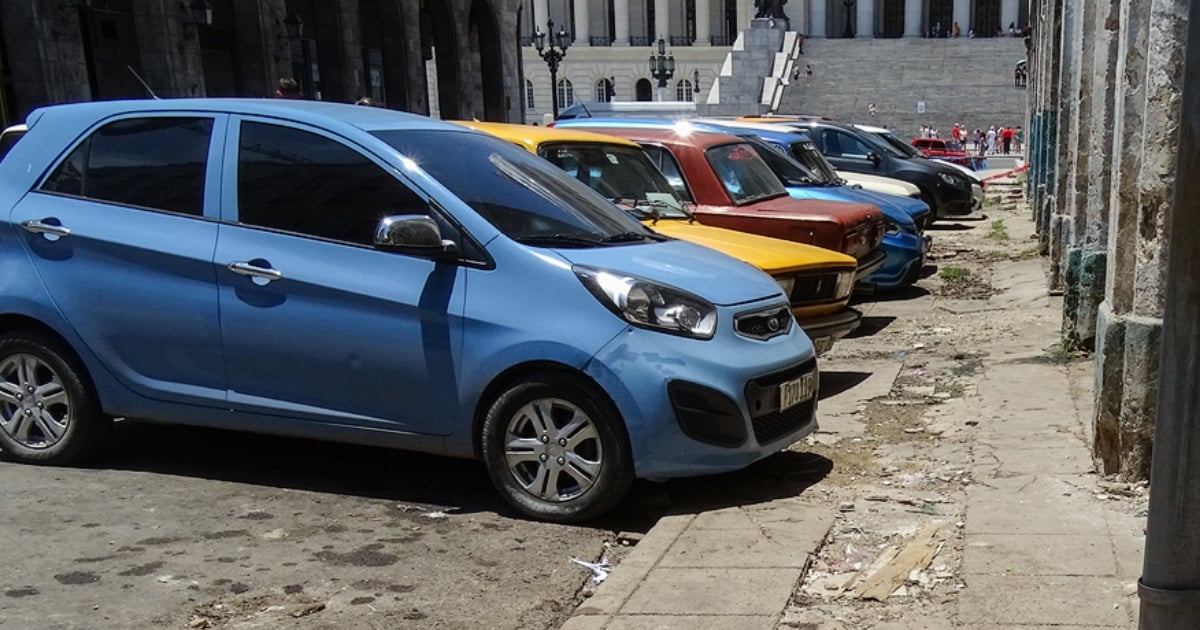
In August 2024, Cuba allocated 46 times more resources to the import of used vehicles from the United States than to the purchase of food, according to a report from the blog Economic Eye On Cuba (EEOC) cited by the independent media outlet El Toque.
Based on official data from the U.S. Department of Commerce and other government sources, the report indicates that Cuban Micro, Small, and Medium Enterprises (Mipymes) purchased used vehicles worth 8.68 million dollars.
However, despite the food crisis on the island, food imports—purchased both by private individuals and the government—such as turkey, eggs, chickpeas, beans, lentils, and safflower oil, only totaled 176,682 dollars.
Vehicle purchases are made exclusively by private individuals, primarily small and medium-sized enterprises (mipymes), to which the U.S. authorized the importation of vehicles in 2023.
Despite the slight decrease in total exports of goods and services from the U.S. to Cuba compared to August 2023, which fell from $39.9 million to $37.7 million, trade between the two countries grew by 20% year-on-year.
It is worth remembering that the U.S. Department of the Treasury granted licenses to entrepreneurs in Miami for the shipment of vehicles and agricultural machinery, and even trailers to self-employed workers in Cuba, with a limit of 10 million dollars.
These licenses allow the export of used cars, trucks, tractors, and minibuses, but exclude Cuban government agencies.
According to Eduardo Aparicio from the agency Apacargo Express, these shipments are aimed at small and medium-sized enterprises, which must bear taxes and logistics costs to complete the imports.
Cuba remains a relevant market for U.S. exports, ranking 46th among 222 markets in the agricultural and food sector, despite the financial challenges arising from sanctions.
But on the island, the population continues to face a challenging reality, with difficult access to food, high prices, and low wages.
What do you think?
COMMENTFiled under: